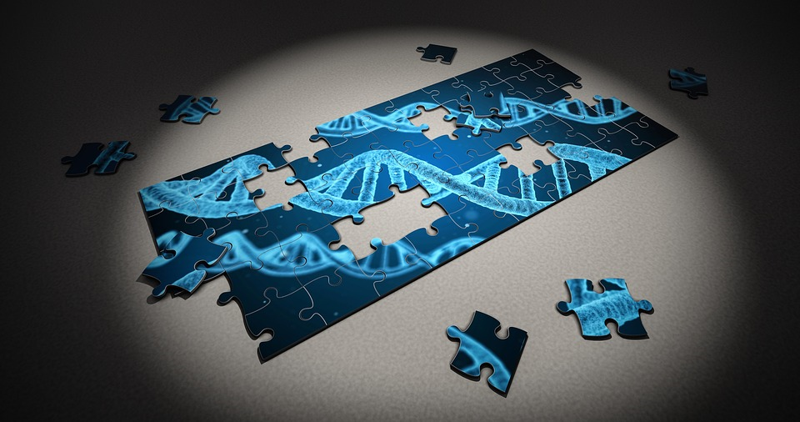GIVING THE FUTURE OF HEALTHCARE A BOOST

Current healthcare trends would be witnessing more changes (or disruptions) as the impact of the Fourth Industrial Revolution (4IR) takes effect worldwide.
The looming 4IR will see AI (Artificial Intelligence) playing a major role in providing more efficient healthcare services.
At Universiti Sains Malaysia (USM), researchers at the Institute for Molecular Medicine (INFORMM) have been ‘tinkering’ with biotechnology and genetic engineering, synergising the two in looking for solutions to healthcare and wellness issues. Genetic ‘editing’ is poised to be utilised for greater effect in enhancing the standards of health and wellbeing in communities.
Other advances already taking shape around the world include the ability to use vast amounts of data to optimise healthcare services. The availability of Big Data storage and Deep Learning capability of AI would ensure that disease detection could be done more effectively, resulting in more personalised and customised treatments offered, based on each patient’s personal background, and at the same time making detection and preventive measures much more reliable. One example would be Google’s Deepmind Health project.
As automations and AIs would be used within a wider context, large amounts of data could be used to determine and define specified treatments for different types of diseases as well as the possible variations or mutations that might occur. Atomwise has launched an effort in treating the Ebola virus. Prescriptions given based on Precision Medicine and Deep Genomics would be done more widely as AI would be serving patients and customers at pharmacies on a bigger scale, taking the burden of the current healthcare system.
Presently, there are various apps which can be used to measure an individual’s health conditions. Advances in AI would result in the availability of Predictive Analytics, which utilises image and voice analyses to determine health conditions. Affectiva, BeyondVerbal and Samsung’s Medison are some of the systems already serving the public in relation to providing recommendations for treatment based on predictive algorithm platforms.
In addition, virtual assistants or ‘chatbots’ would also be available to facilitate the diagnosis of illnesses. Baidu, the search engine from China has launched a chatbot, allowing potential patients to communicate and set appointment with local doctors. Such virtual assistants could also serve to monitor health conditions and suggest personalised treatment and medication plans.
Healthcare is a basic need and everyone would have easier access to it due to advances made in technology and automation. Greater understanding, rapid detection and personalised treatment would now be possible as technology progresses even further.
The integration of AI into the healthcare system is undeniable as we move into the future. AI could provide the necessary links with IOT-linked systems, which would provide precision medical services more effectively and efficiently, encompassing many aspects relating to the needs and conditions of individual patients or even the whole community.
Text: Mazlan Hanafi Basharudin
- Created on .
- Hits: 1660
